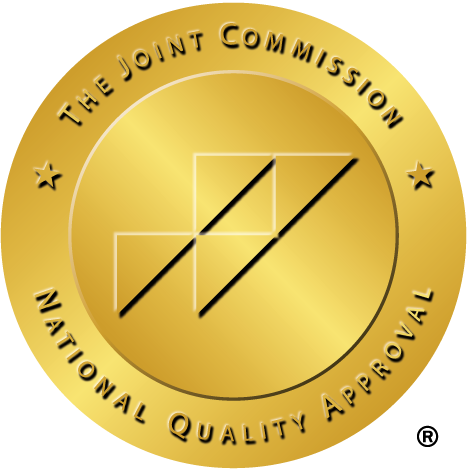
When someone you know or love is displaying signs of cocaine addiction, it can be very worrying. The effects of this powerful drug on the brain and body cannot be ignored. As well as being highly addictive, cocaine misuse has been linked to adverse physical and mental health outcomes such as heart attack, stroke, depression, and anxiety. But how do you recognize if someone you care about is struggling with cocaine addiction?
In this blog post, we’ll take a look at some common warning signs that might indicate they are using or abusing the drug. We will discuss the physical, behavioral, and mental symptoms of cocaine addiction, as well as treatment options for those struggling with this addiction.
What Is Cocaine Addiction?
Cocaine addiction is a type of substance use disorder that involves compulsive drug-seeking behavior and continued use of cocaine despite the negative consequences. It is a highly dangerous and addictive condition that can lead to a range of physical, mental, and social problems.
Cocaine is an addictive stimulant substance that boosts energy, alertness, and blood pressure. People who abuse cocaine may develop a tolerance to the drug, which means they need more of it to achieve the same effects. Over time, they may become addicted to cocaine and experience withdrawal symptoms when they try to stop using the drug.
The effects of cocaine addiction can be severe and long-lasting, and can include physical health problems such as elevated blood pressure, rapid heartbeat, and weight loss, as well as mental health issues like depression, anxiety, and psychosis.
A long-term cocaine addict can also face serious consequences. According to the Drug Abuse Warning Network, cocaine is one of the top 5 drugs involved in drug-related emergency room visits in the United States in 2021.
Risk Factors for Cocaine Addiction
Several risk factors can increase the likelihood of developing cocaine addiction. These may include:
- A family history of addiction or substance abuse
- A personal history of substance abuse or addiction
- Mental health disorders, such as depression or anxiety
- Social and environmental factors, such as poverty, stress, or peer pressure
It’s important to note that anyone can develop cocaine addiction, regardless of their age, race, or socioeconomic status.

What Are the Physical Signs of a Cocaine Addict?
Cocaine addiction can have a range of physical signs that may vary depending on the severity of the addiction. Some common physical signs of cocaine addiction include:
- Dilated pupils
- Bloodshot eyes
- Nosebleeds or runny nose
- Rapid or irregular heartbeat
- Elevated blood pressure
- Increased body temperature
- Loss of appetite and weight loss
- Insomnia
- Residue of white powder on the nose and mouth
Individuals who abuse cocaine may also have drug paraphernalia, such as small plastic bags or straws used for snorting cocaine. In some cases, individuals may abuse crack cocaine, which is a more potent and addictive form of cocaine that is smoked.
What Are the Behavioral Signs of a Cocaine Addict?
In addition to physical signs, there are several behavioral signs of cocaine abuse and addiction. Family members and loved ones should be aware of these signs to see if their loved one needs help. These may include:
- Increased energy and alertness
- Agitation or restlessness
- Secretive or suspicious behavior
- Financial difficulties or unexplained expenses
- Neglecting responsibilities at work, school, or home
- Relationship problems with friends and family
- Engaging in risky behaviors, such as driving under the influence or unprotected sex
- Social isolation or withdrawal from friends and family
Individuals who are addicted to cocaine may also experience intense cravings for the drug. They may also spend a significant amount of time and effort obtaining and using cocaine.
What Are the Mental Signs of a Cocaine Addict?
Cocaine addiction can also have significant effects on an individual’s mental health. Some common mental signs of cocaine addiction include:
- Anxiety or panic attacks
- Depression or mood swings
- Paranoia or delusions
- Hallucinations or psychosis
- Impaired judgment or decision-making
- Memory loss or confusion
How to Treat Cocaine Addiction
Drug addiction is a major problem in the United States. Substance use disorders not only affect the individual who abuses drugs but also their family members, friends, and society as a whole. Cocaine addiction, in particular, is a serious issue that can have harmful effects on one’s mental and physical health. Recognizing the symptoms and risk factors of cocaine addiction is essential for early intervention and effective treatment.
If you or someone you love is struggling with cocaine addiction, it is essential to seek professional help. There are several treatment options available for cocaine addiction.
Contact Safe Haven Recovery in Beverly Hills for the best cocaine addiction rehab in California.









